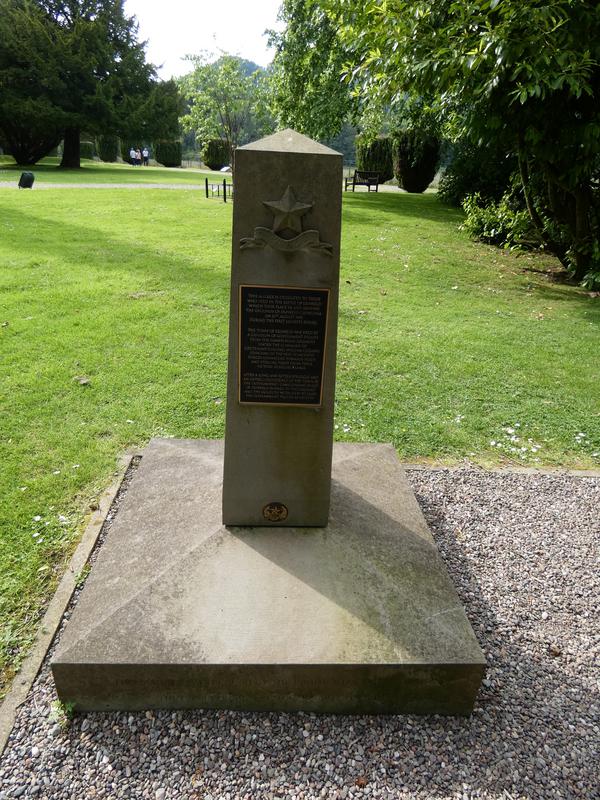This was a fierce, though unlike Killiecrankie a, little-proclaimed battle, that took place in Dunkeld some three hundred and fifty years ago.
The battle was fought between the Jacobite clans supporting the deposed King James and a government regiment (The Cameronians or later the 26th Foot)) supporting the newly crowned King William.
The Battle of Dunkeld was was the first battle in which the then recently-formed Cameronian Regiment had taken part.
Only three months after its formation and with no battle experience, the Regiment was despatched by the Privy Council of Scotland the to defend Dunkeld, arriving there on Saturday 17th August 1689.
It was considered that the town would be unable to hold out against the impending attack of some three thousand Jacobite opponents jubilant and confident after their earlier victory at the Battle of Killiecrankie.
The following day the Cameronians set about fortifying Dunkeld Cathedral tower and the Duke of Atholl’s mansion, Dunkeld House.
On Wednesday 21st August the Jacobite army ‘crowded the hills’, and the commanding officer of the Cameronians, Lieutenant Colonel William Cleland, skilfully withdrew his outposts and limited his defensive line to the church and the mansion house.
When the Highlanders advanced in their traditional charge (‘a sharp trot, a discharge of firelocks and then a wild gallop with the sword on the men lining the dykes’) , the Cameronian defenders repeatedly drove them back with pikes and halberts; these proving to be excellent weapons at close quarters.
Fierce fighting raged until eleven o’clock that night, when the Highland army fled to the hills, leaving three hundred dead.
Although the Battle of Dunkeld was a relatively small event, its impact was highly significant in that it helped determine Scotland’s evolution as a Presbyterian nation.
Sadly, Lieutenant Colonel Cleland, who had so masterfully conducted the defence, was killed in action. His body lies buried in the nave of the Cathedral, beneath a simple stone bearing only his name.

The town of Dunkeld was held by Government troops from the Cameronian Regiment under the command of Lieutenant-Colonel William Cleland. Standing in the way of Jacobite forces advancing towards Perth and StirlingFresh from their victory at Killiecrankie. After a long and bitter struggle and an unyielding defence of the town by the outnumbered Cameronians much of Dunkeld burned to the ground and the Jacobites withdrew to leave the Government troops as victors.”
